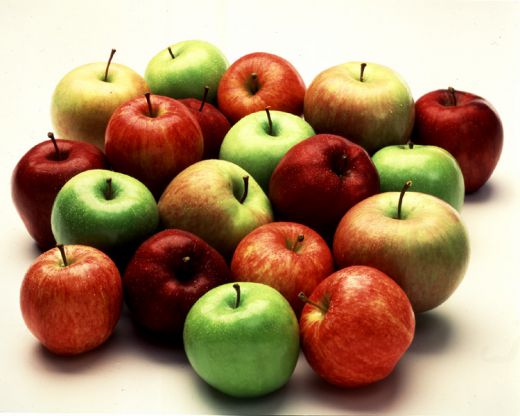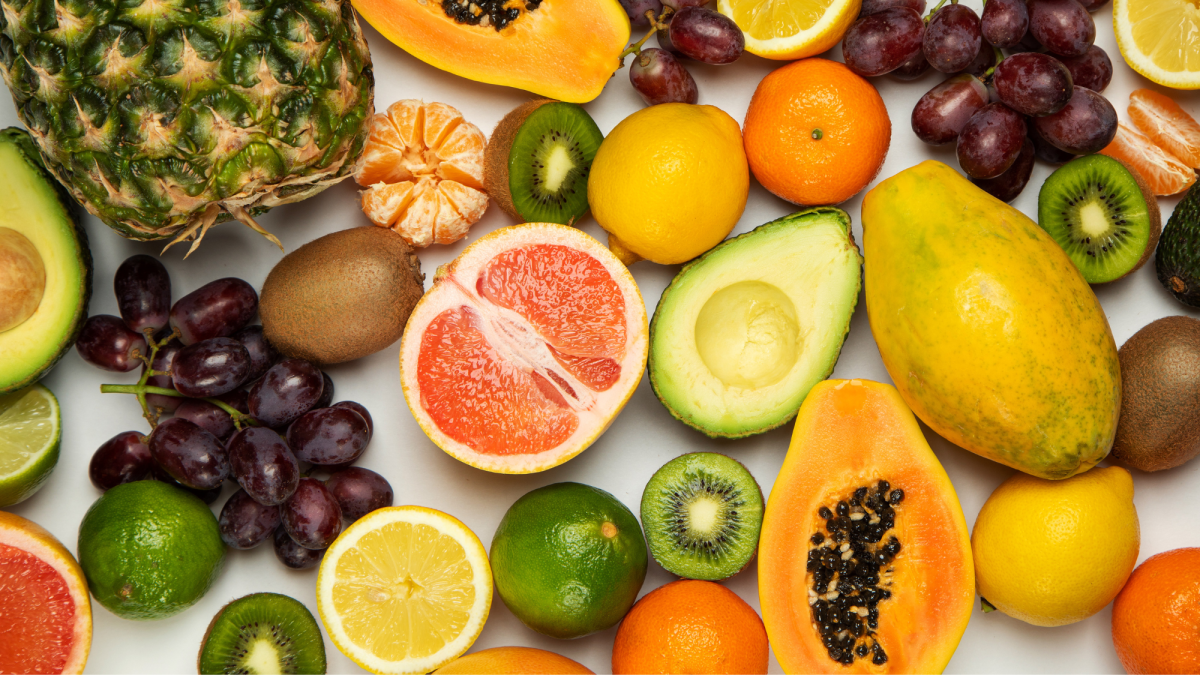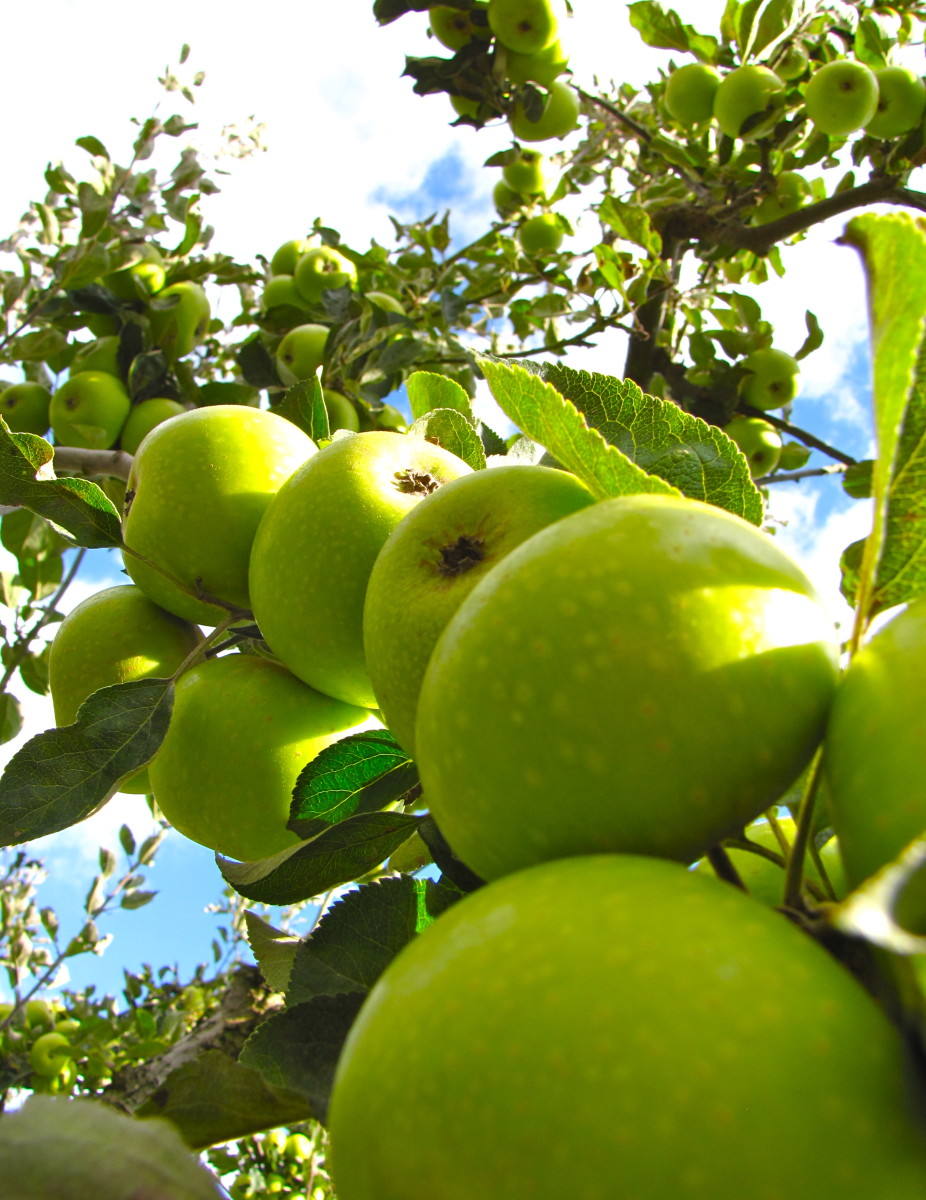Apples - Health Benefits of Apples
Apples
'An apple a day keeps the doctor away'. This saying comes from a very old English saying 'eat an apple before going to bed, makes the doctor beg his bread'
Either way, it is more true than you might think.
Whatever your favourite type of apples, health benefits of apples are numerous and varied.
Apples

Health Benefits of Apples
Bone Health
Phloridzin, a flavonoid only found in apples, is found to increase bone density, and protect from osteoporosis, making it especially helpful in menopausal and postmenopausal women. Apples also contain boron, another bone strengthener.
Asthma
Eating apples during pregnancy has proved to help not only the health of the mother, but to produce healthier babies too. Especially in the case of asthma; pregnant mothers eating apples regularly, produced very few babies who later went on to suffer with asthma.
Also children are encouraged to eat an apple everyday, or drink apple juice daily, as studies show this helps prevent asthma and wheezing in children.
Alzheimer's
Apples contain quercetin, a flavonoid which is shown to protect brain cells from damage by free radicals, which can lead to Alzheimer's disease.
Cancer
The flavonoid quercetin, and another called naringin, help prevent the development of lung or breast cancer. Studies show that people who ate most apples had a much lower risk of developing these cancers. Pectin also helps, and eating apples has shown a marked difference in the number of cases of liver cancer and colon cancer. The pectin helps keep the digestive tract healthy.
Cholesterol
Apples contain pectin, which helps to lower the bad cholesterol, or LDL. Studies have shown with eating two apples a day cholesterol can be lowered approximately 15%.
Diabetes
Galacturonic acid, supplied by pectin, lowers the need for insulin in the body, so helping in managing diabetes.
Heart health
Antioxidants are important to blood and heart health, and are abundant in apples. Be sure to eat the skin as well as the flesh. Apples are a rich source of fibre, too, which helps keep your heart healthy by controlling cholesterol levels.
As well as these, the flavonoids found in apples help to prevent platelets clumping, regulate blood pressure, and reduce production of fat in the liver cells. Flavonoids not only help prevent heart problems, but have proved helpful in treating heart disease.
Weight loss
Including three or four apples daily in a weight loss diet, will help you lose more weight, more quickly. An apple is also a lot more satisfying than other fruits, will calm hunger pangs more thoroughly.
Apple juice
While Apple juice is also beneficial to health, eating the full apple is so much better, unless you make the juice yourself.
The cloudy, thick apple juice you can buy is better than the clear golden one, but still loses a lot of the benefits obtained from apples, as it does not include the skins. Juicing your own apples in a blender or liquidiser is a much better option. Even if you strain it before drinking, you have extracted the goodness from every part of the Apple.
For the same reason, when eating an apple it is very important to chew thoroughly, until you have ground everything to mush before swallowing. This way you are releasing all the nutrients before they enter your system. Also, if you try to swallow larger pieces, you put a lot of strain on the digestive process and your stomach, which is why some people complain of stomachache after eating apples.
Most varieties of apple have the same nutritional value, but some were found to have higher flavonoid content, these being Fuji and Red Delicious, both of which also had higher antioxidant activity.
The suggestion of 3 to 4 apples per day, one apple would mean any of the following:
1 large apple
2 small apples (Cox's etc)
1 cup of cooked apple
1 cup of pure apple juice
1 cup unsweetened applesauce
Pectin is found in most fruit, but apples have more than any other fruit. The benefits of pectin are:
It's antioxidant powers help level out cholesterol.
It helps prevent colon cancer and other cancers.
Reduces high blood pressure.
Helps prevent gallstones.
Works well against diarrhoea.
Helps reduce insulin requirements, thus helping diabetes.
Phytochemicals
meaning plant chemicals, help reduce the risk of a number of diseases, including heart disease, stroke, cancer, high blood pressure, osteoporosis, urinary tract infections and cataracts.
Quercetin
Another nutrient of apples, also found in onions and tea, quercetin fights the free radicals that cause many diseases.
It will help to: reduce the risk of cancer, prevent heart attacks, fight against cataracts and macular degeneration, control asthma, help in fighting Crohn's disease and gout attacks, as well as helping with acid reflux.
Tannins
The tannins in apples are what makes them turn brown when exposed to air, and the amounts can differ from one species to another. These tannins help prevent gum disease.
If an apple a day keeps the doctor away, eating a few a day should by rights put doctors and hospitals out of business!
Make sure at least one apple is part of your 'five a day' every day, and you should be helping yourself enormously.
Apple cider vinegar, made from raw organic apples, and containing the mother, is every bit as beneficial to health as fresh apples, better in some cases, as in acid reflux.
Related Articles:
Apple Cider Vinegar Health benefits








